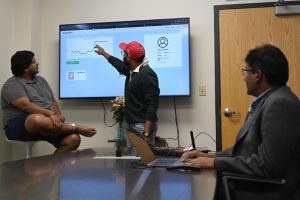
Oct. 9, 2024
Securing personalized healthcare data
Mizzou Engineers are enhancing healthcare data security using anklet sensors and cloud computing technology.
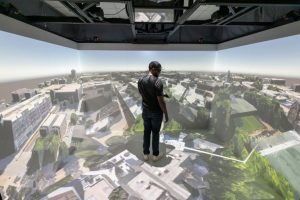
Oct. 9, 2024
Mizzou’s techiest tools
From virtual reality to robots, Tigers have access to the latest technology across campus. Check out some of the locations, tools and devices that will level up your college experience at Mizzou.
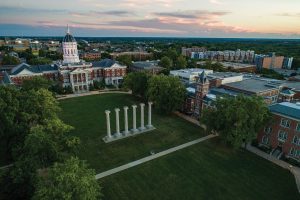
Oct. 7, 2024
Mizzou Engineering Programs Expand ABET Accreditation
Mizzou Engineering is proud to announce that all 10 of its pre-existing undergraduate engineering degree programs are now accredited by ABET, the global accreditor of college and university programs in applied and natural science, computing, engineering and engineering technology
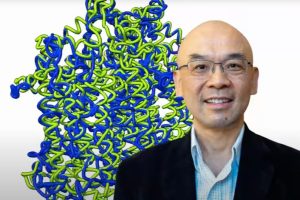
Sep. 23, 2024
Paving the way for new treatments
Mizzou researcher Jianlin “Jack” Cheng debuts tool to build 3D structure of protein complexes, giving scientists insights to prevent and treat disease.
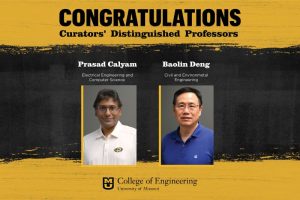
Sep. 23, 2024
Mizzou Engineering faculty honored as Curators’ Distinguished Professors
Two Mizzou Engineering faculty members, Prasad Calyam and Baolin Deng, have been named Curators' Distinguished Professors.
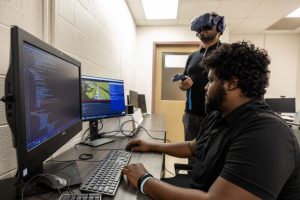
Sep. 18, 2024
Protecting health and privacy in virtual reality
Mixed reality research by Mizzou Engineer Khaza Anuarul Hoque’s team was recently accepted for the IEEE International Symposium on Mixed and Augmented Reality — a flagship VR conference.
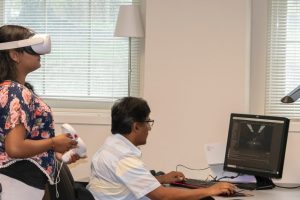
Sep. 12, 2024
Preparing neurodivergent learners for cybersecurity careers
Mizzou researchers are building a virtual reality platform to train individuals with autism and other neurodevelopment differences to work in cybersecurity.
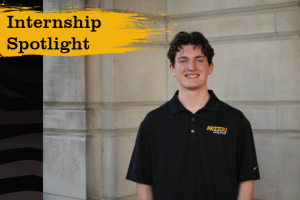
Aug. 23, 2024
Designing for reliability: Fels interns at Garmin
Jack Fels, a junior majoring in electrical engineering, is in Kansas conducting an internship at Garmin. We asked him a few questions about the experience.
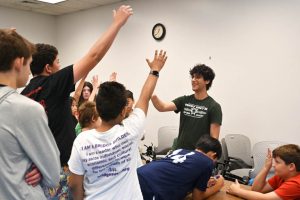
Aug. 14, 2024
K-12 students explore STEM opportunities at Mizzou Engineering Camps
Elementary, middle and high school students spent their summer engaging in activities like programming robots, detecting cyber attacks, developing video games and exploring topics such as artificial intelligence and sustainability at Mizzou Engineering camps.
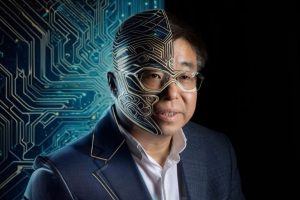
Aug. 14, 2024
Mizzou researcher Dong Xu weighs in on future of artificial intelligence
Artificial intelligence (AI) can write, create videos and power self-driving cars. Someday, University of Missouri researcher Dong Xu predicts, it also will perform surgeries.